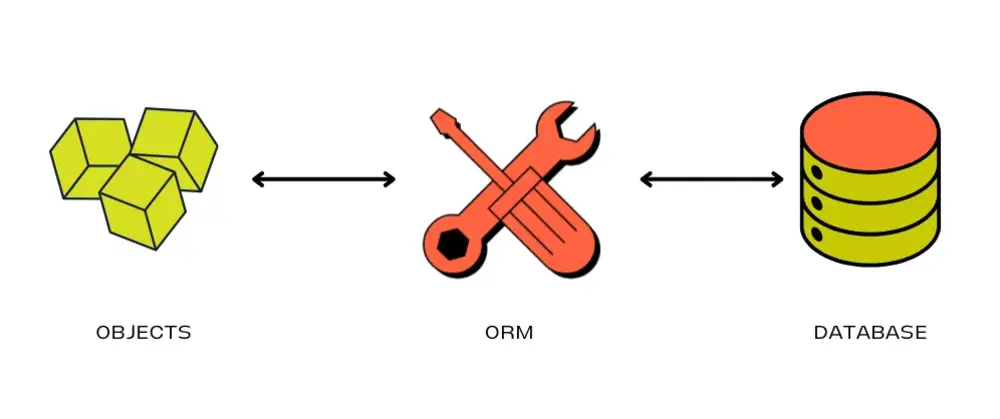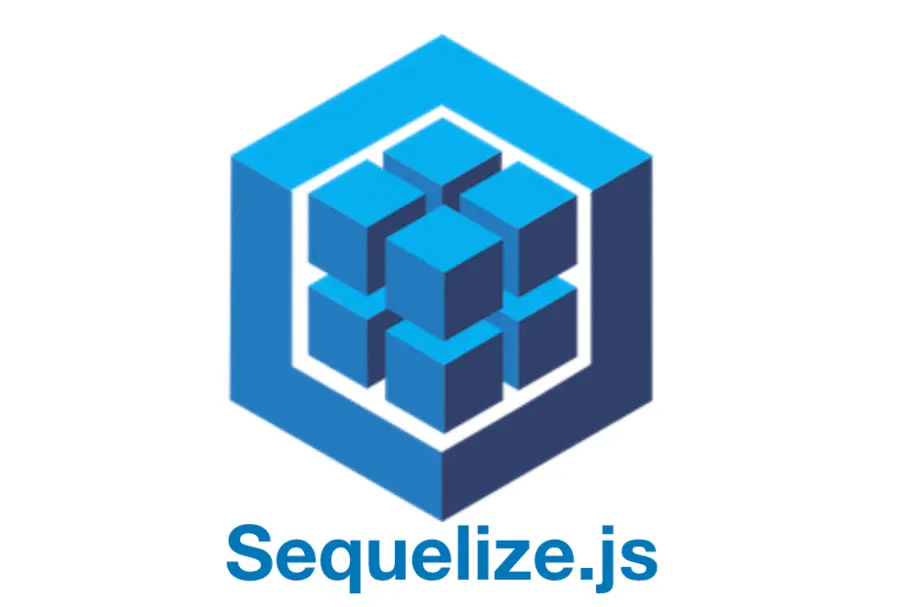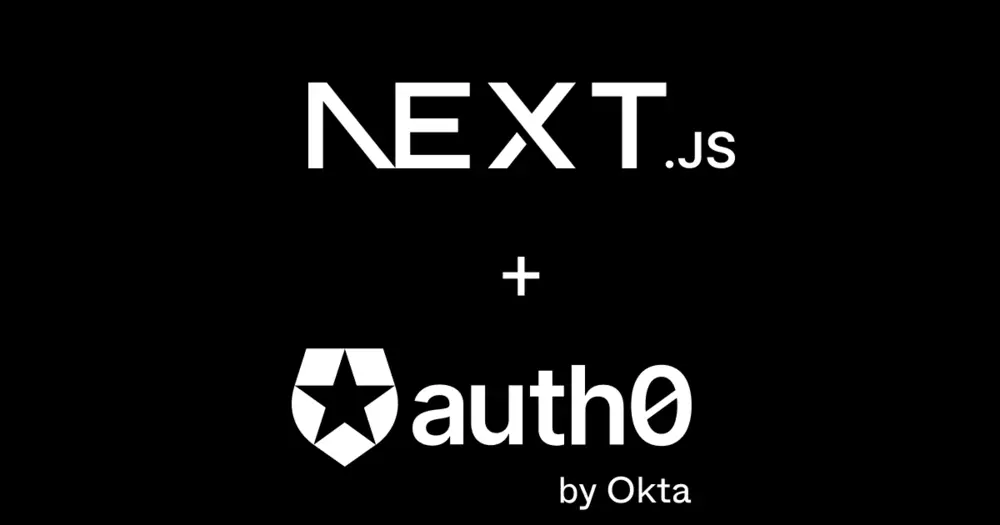Published
Choosing an ORM

A few months ago I was faced with a dillema when choosing an ORM for a job project I am working on. Turns out, this is not an easy task as there are a couple of options with their pros and cons. Today I’d like to discuss what ORMs I took into consideration and what I picked.
ORM vs Query Builder
At first though, I wasn’t even sure whether I should use an ORM or a Query Builder.
Query builders are, on one hand, very straightforward to use - you write SQL via chaining methods. These are surely more comfortable than writing raw SQL, but also don’t abstract as much as ORMs do. I would say that these act as a middleman between raw SQL and ORMs. Good examples of tools, as I found when researching this topic, are Knex.js and Kysely (although it is maintained by a single developer, which is quite unreliable to me).
The hardest thing though, is you have to be fairly advanced in SQL to write good queries. As for me, I did not have any strong background in it and, honestly, there wasn’t much time for me to learn it. Had time not been a factor, I would probably go with knex or kysely to improve my backend skills even more.
ORM it was! But there are so many to choose from in a Javascript world (a blessing and a curse, I guess?). Which one should I go with?
ORM Comparison
From my research, I ended up comparing 4 ORMs:
Sequelize

Out of all ORMs, this one seemed to have the steepest learning curve. It has been here the longest, and I’m not sure it survived the time test. I am no expert, and I haven’t used it, but most reviews and opinions on Sequelize is that is is outdated.
Pros
- Mature, quite popular because there are a lot of projects dependent on it
- Query flexibility: Supports both object-based query building and raw SQL queries.
Cons
- Verbose Syntax: Setting up models and relationships can feel boilerplate-heavy
- Limited TypeScript Support: While Sequelize supports TypeScript, its implementation is less seamless and can feel clunky
So, Sequelize was not my candidate anymore.
TypeORM

Next one is TypeORM, where you define your models as classes, and columns, data types and relations with decorators. It felt very Nest js’y, and I didn’t know whether I liked it very much. The github repo is actively maintained, and there is even an announcement on the future of TypeORM, where we can learn that TypeORM got new maintainers.
Pros
- Database-First or Code-First: Supports schema generation from existing databases or defining the schema through code,
- Query flexibility: Supports both object-based query building and raw SQL queries.
Cons
- Complexity in Large Projects: Managing relations and migrations can become challenging as the application scales.
- Performance Issues: TypeORM can be slower compared to other ORMs in certain scenarios, particularly for heavy data loads.
TypeORM is a good one at first glance, (although people complain about poor documentation and weird bugs, especially migrations), but somehow the syntax didn’t stick with me. Moreover, I was more interested in next tool - MikroORM.
MikroORM
To tell you the truth, if I was more familliar with MikroORM and less familliar with Prisma, I’d pick Mikro for this job. It’s new, actively maintained, has good migration and seed management. It definitely has a steep learning curve, but I think I will be willing to dive into that.
Pros
- TypeScript-First: Built with TypeScript in mind, offering good type safety and developer experience.
- Lightweight and Performant: Focused on performance, it is optimized for complex queries with minimal overhead.
Cons
- Smaller Ecosystem: Compared to Sequelize and TypeORM, MikroORM has a smaller community and fewer resources.
By reading a lot of opinions, browsing documentation I found MikroORM interesting and I most definitely want to learn it in the future. As for my pick, I chose the next ORM tool - Prisma, since I was more familliar with it and it has a strong team behind it.
Prisma

I chose Prisma for a combination of things, really. I was somewhat familliar with it, I saw that it was maintained actively and it didn’t have any breaking changes very often, which is important for a production app. Also, I like the schema definition and generated types that go with it.
That is to say, it is not without flaws. I’ve been working with Prisma for almost 2 months, and I have quite a list of unpleasant stuff I ran into. I will talk more about them in a next “Prisma” blog post.
Pros
- Modern and Developer-Friendly: Prisma’s schema definition and type-safe queries make it easy to use and integrate, especially for TypeScript projects.
- Powerful CLI Tools: Automatically generates schemas, migrations, and type-safe query builders.
Cons
- Abstraction Limitations: For extremely complex queries or database-specific features, Prisma can feel restrictive compared to more flexible ORMs.
- Slow adopting of desirable features: Dozens of pull requests and issues describing lacking somewhat basic functionality (will deep dive in next post about Prisma).
All in all, I don’t think I regret picking Prisma. Sure, you always have advantages and disadvantages when choosing a tool, and it’s all about finding a right balance. For now, balance is met - I’ll see how it will develop.
What should you choose?
Well, it depends, right? After a bit of my research, I’d say there are 3 good options for production applications:
- Knex.js if you are comfortable with query builders, as it will give you more fine-grained control over your models, and, when utilizing a Repository pattern, can be a strong tool.
- MikroORM if you are ready to climb a somewhat steep learning curve, learn new concepts along the way and become a part of a growing community.
- Prisma if you like its schema definition and CLI tool, don’t chase cutting-edge features and prefer a stable, slowly improving product.

